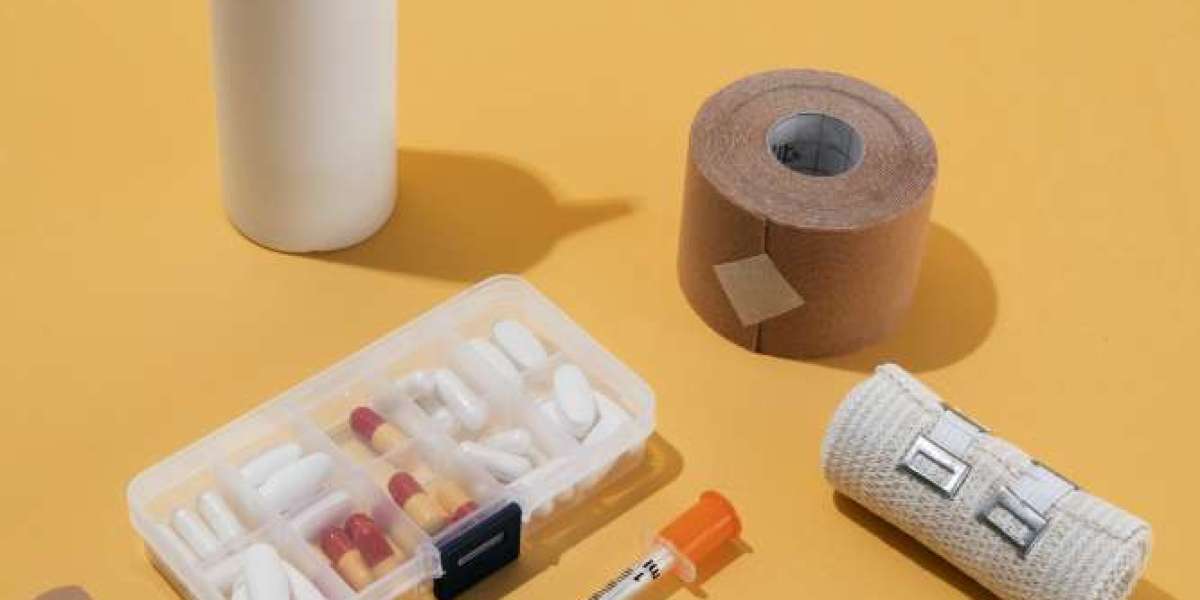Minor injuries like cuts, scrapes, burns, and abrasions are a part of everyday life. Whether it's a kitchen mishap or a scraped knee, our first instinct is often to reach for over-the-counter (OTC) wound care products. But an important question remains: Are these products truly safe and effective for wound healing?
The short answer is yes—when used correctly, OTC wound care products can be both safe and highly effective. However, understanding how to choose and use them properly is key to getting the best results.
What Are Over-the-Counter Wound Care Products?
Over-the-counter wound care products are medical supplies available without a prescription. These include:
Antiseptic cleansers (e.g., hydrogen peroxide, iodine, saline solution)
Antibacterial ointments and creams (e.g., Neosporin, bacitracin, silver sulfadiazine)
Adhesive bandages and gauze pads
Hydrocolloid or hydrogel dressings
Silicone scar sheets and gels
These products are designed to clean, protect, and promote the healing of minor to moderate wounds.
Are OTC Wound Care Products Safe?
In most cases, yes. OTC products are generally considered safe for at-home use when used as directed. They are tested and approved by health authorities like the FDA (in the U.S.) and undergo quality checks to ensure safety.
However, it’s essential to:
Read labels and instructions carefully
Avoid using expired products
Perform a patch test for creams or ointments if you have sensitive skin
Discontinue use if irritation or allergic reaction occurs
Some ingredients, like iodine or hydrogen peroxide, may cause stinging or dryness and should be used cautiously.
Do They Actually Work?
Yes, many OTC wound care products are clinically proven to aid in faster healing, reduce the risk of infection, and minimize scarring. For example:
Antiseptic cleansers help eliminate bacteria and reduce the risk of wound infection.
Antibacterial ointments keep wounds moist and prevent bacterial growth.
Hydrocolloid dressings create a moist environment that supports tissue regeneration.
Silicone scar sheets flatten and soften raised scars over time.
When used correctly, these products can significantly improve the healing process.
When to Avoid OTC Products
While OTC products work well for minor wounds, they may not be suitable in certain situations:
Deep or puncture wounds
Animal bites or very dirty wounds
Signs of infection (redness, swelling, pus, fever)
Chronic wounds (such as diabetic ulcers or pressure sores)
In such cases, it’s best to consult a healthcare professional for appropriate treatment.
Conclusion
Over-the-counter wound care products are safe, accessible, and effective options for managing everyday injuries. With the right product and proper usage, you can support your body’s natural healing process and prevent complications. However, knowing when to seek medical advice is equally important. Always keep a well-stocked first aid kit and stay informed to care for wounds confidently and safely.














